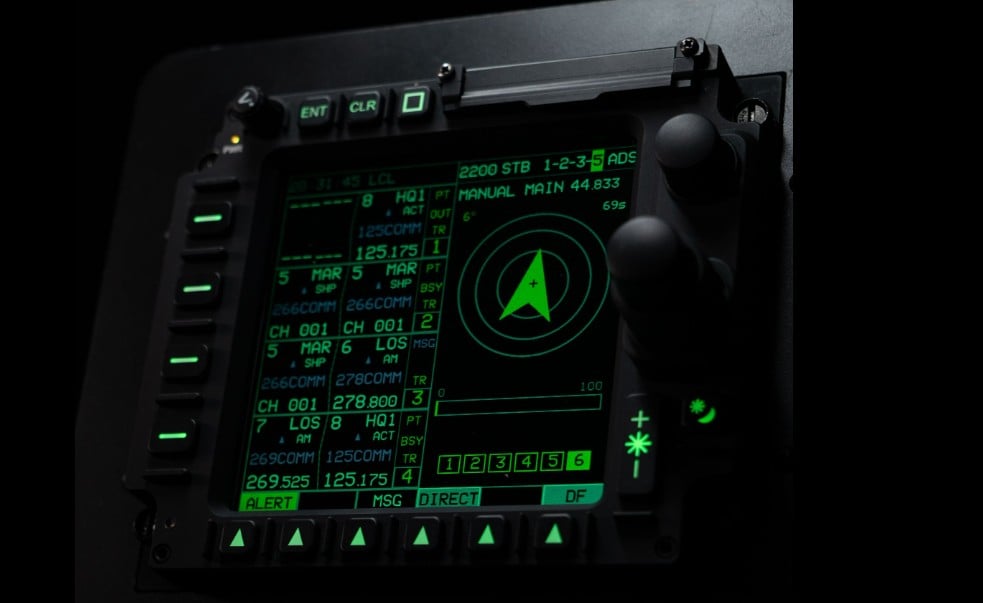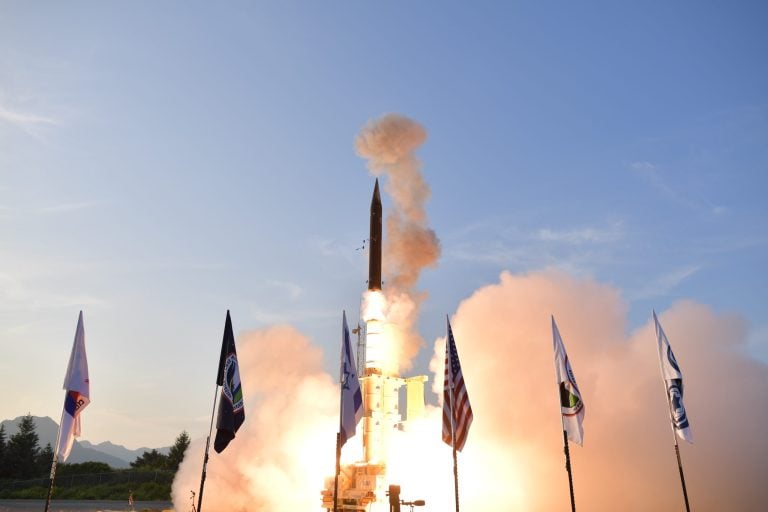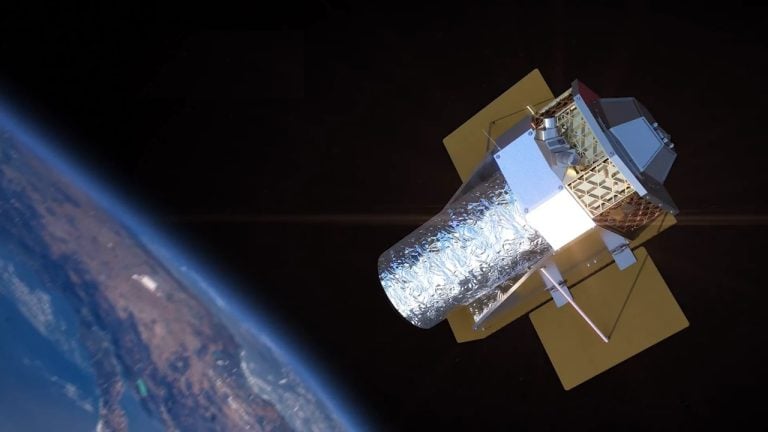Mercury Systems has announced it has secured a $12.3 million contract from an undisclosed defense contractor to advance avionics technology for the next generation of U.S. military aircraft. This substantial agreement signifies the company’s commitment to enhancing cockpit communication capabilities within military aviation.
Over the next three years, Mercury will focus on developing a Communication Management Unit (CMU) control head. This advanced subsystem is specifically designed to integrate and manage a range of cockpit communication systems for an upcoming fleet of military aircraft. The CMU aims to streamline operations by consolidating multiple communication control heads into a single, efficient unit.
Tom Smelker, Senior Vice President of Processing Technologies at Mercury, emphasized the significance of the Mercury Processing Platform, stating that it incorporates unique technologies to improve the pilot-machine interface, thereby facilitating quicker and more informed decision-making in crucial flight situations. The contract is notable not only for the financial value but also for marking the introduction of a new product within Mercury’s Displays and Networking product line. This partnership with a new customer signals a strong trust in Mercury’s capabilities to deliver essential hardware for military missions.
The CMU is designed as a software-defined unit that can integrate up to eight radios, alongside tactical air navigation systems, transponders, and GPS equipment from various manufacturers. Its interface includes backlit buttons and ergonomic knobs, along with a high-resolution display that is compatible with night vision systems, all of which enable pilots to manage channels, adjust frequencies, and switch between radio systems seamlessly, even in low visibility or turbulent conditions.
Additionally, the CMU’s open architecture facilitates the integration of new communication systems through software updates rather than requiring hardware replacements. This innovative design approach not only reduces the time needed to implement upgrades but also enhances the longevity of existing hardware, decreases integration costs, and simplifies the training process for operators.
This contract underscores Mercury Systems’ role as a pivotal player in the defense technology arena, aiming to provide cutting-edge solutions that address the evolving needs of military aviation.
















